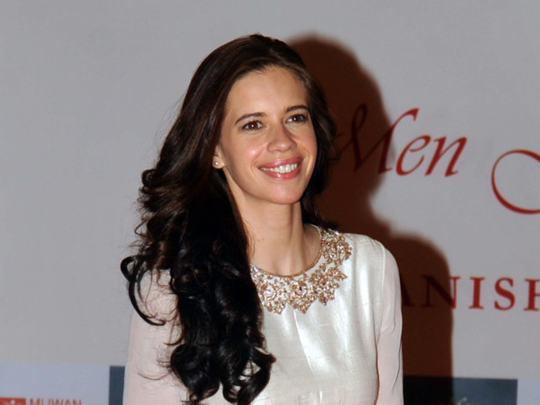
In the hope that the stigma attached to child sexual abuse in India is lifted, Bollywood actress Kalki Koechlin on Monday spoke out about her own experience.
“The reason you haven’t heard about it is that I don’t like to talk about it, for me it’s not a one day headline, it’s something that’s a reality I have lived with for a long time,” said Koechlin in an interview with NDTV, an Indian news channel.
Choosing not to go into the details of the abuse or the abuser, the Yeh Jawaani Hai Deewani star urged women to “break their silence” and speak about it to people whom they can trust.
“Right now 53 per cent of the nation [India] is going through CSA [child sexual abuse] that’s more than half the country and that’s only the official statistic. I think there’s a lot more happening because we know in a lot of families we brush it under the carpet and because of social, cultural pressure we don’t talk about these things.”
The key is to make that dialogue smooth for the child who has suffered such violence, she said.
“It’s extremely difficult to talk about it because in 50 per cent of cases it is somebody known or one of the family members who has abused a child so that makes it so difficult. Once you come out with it you have to confront that person and that is pretty much reliving the whole pain of it again. It is tiring, exhausting and traumatic for the person to relive the experience with the psychiatrist, family member or abuser, so it’s a sensitive and difficult subject to tackle,” said Koechlin.
The actress, who made her debut as a prostitute in Dev D and later appeared in blockbusters such as Zindagi Na Milegi Dobara, found therapy in her art and acting.
“It took me many, many years to even come and talk about it. It’s also how you choose to go ahead with it and what you choose to do with it. For me my writing and my art, my acting is therapeutic, it’s my way of releasing things out. I think everybody has different outlets as long as there are places where you can do that. Not everybody has privilege to talk about it openly.”












